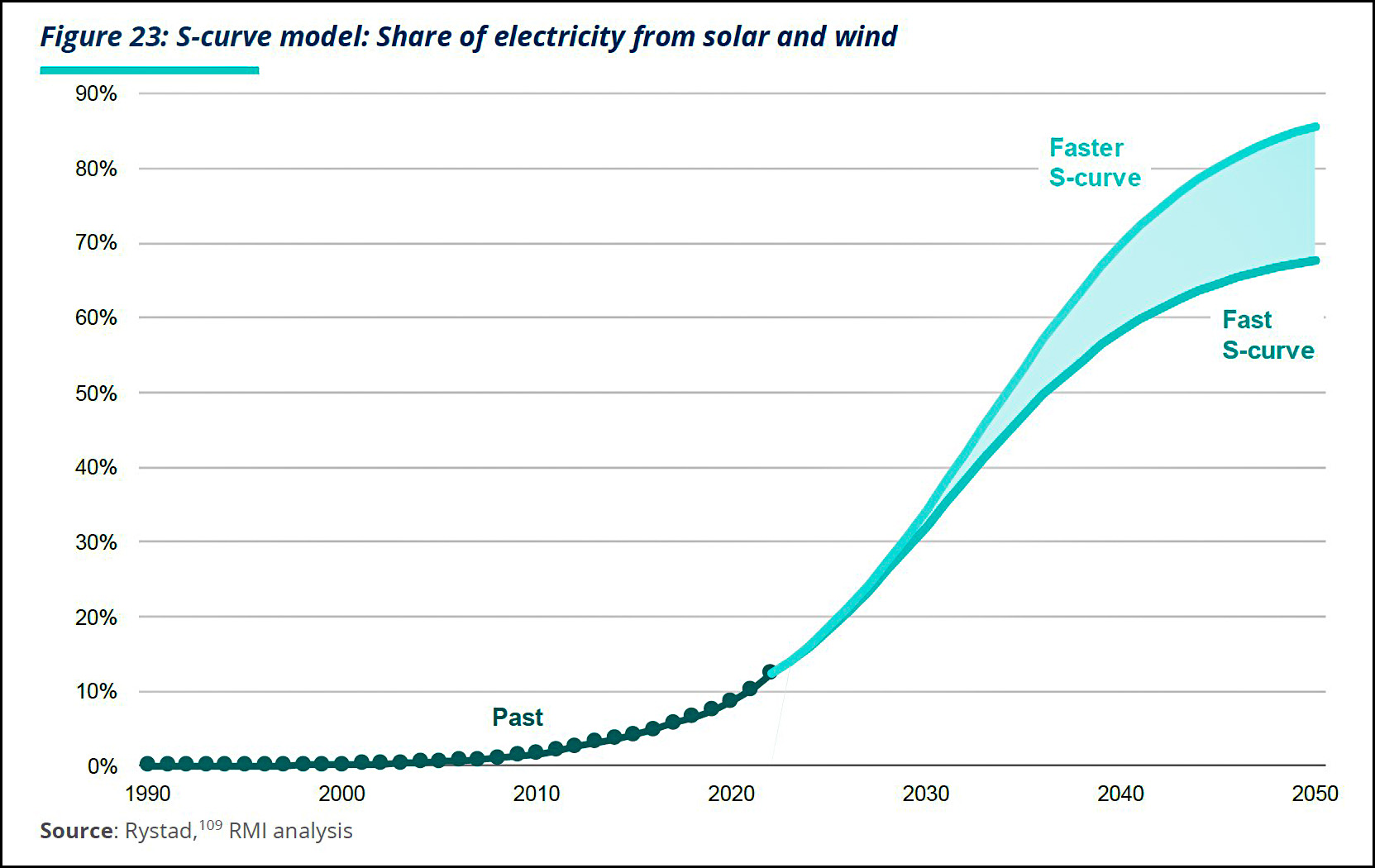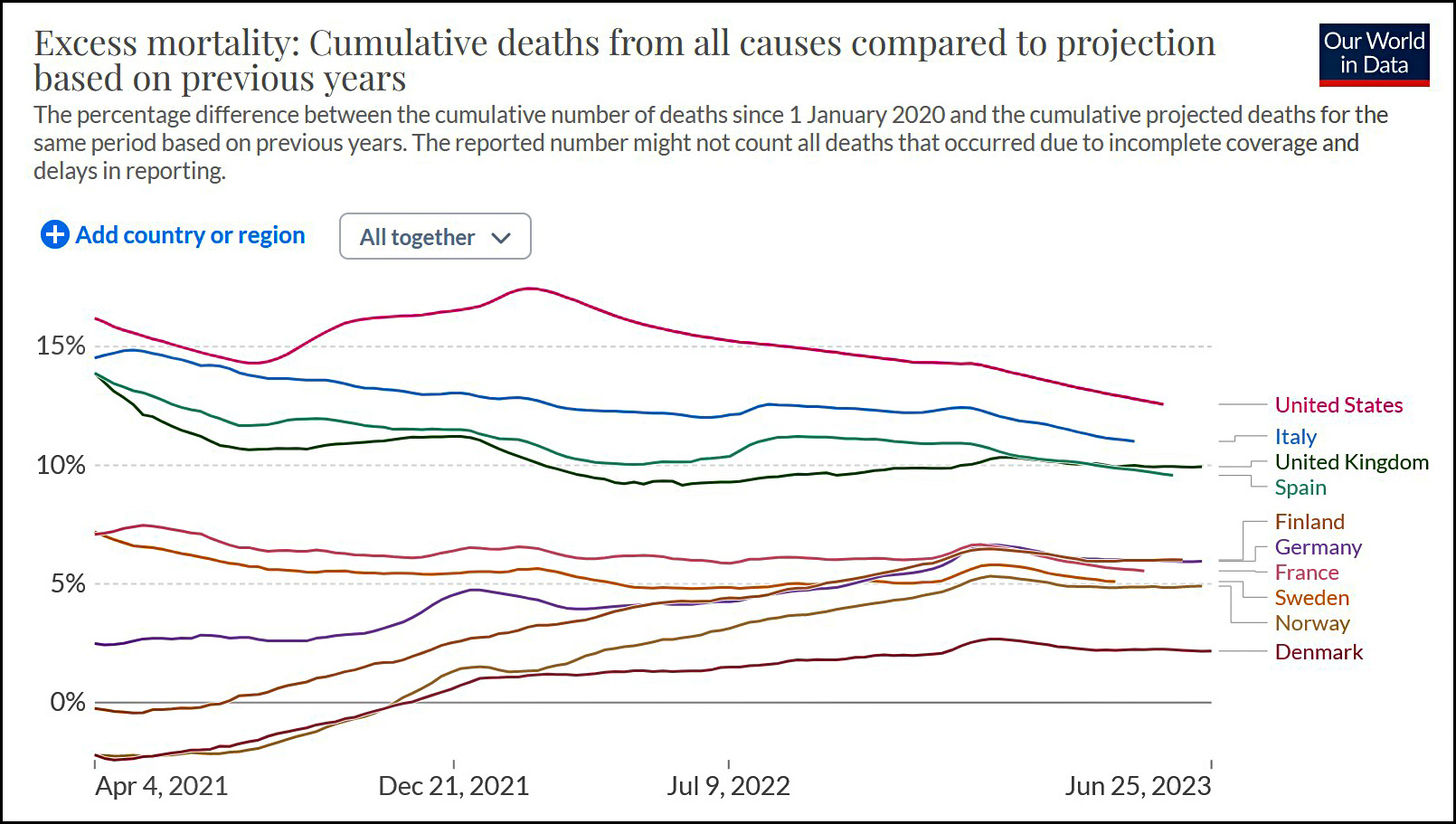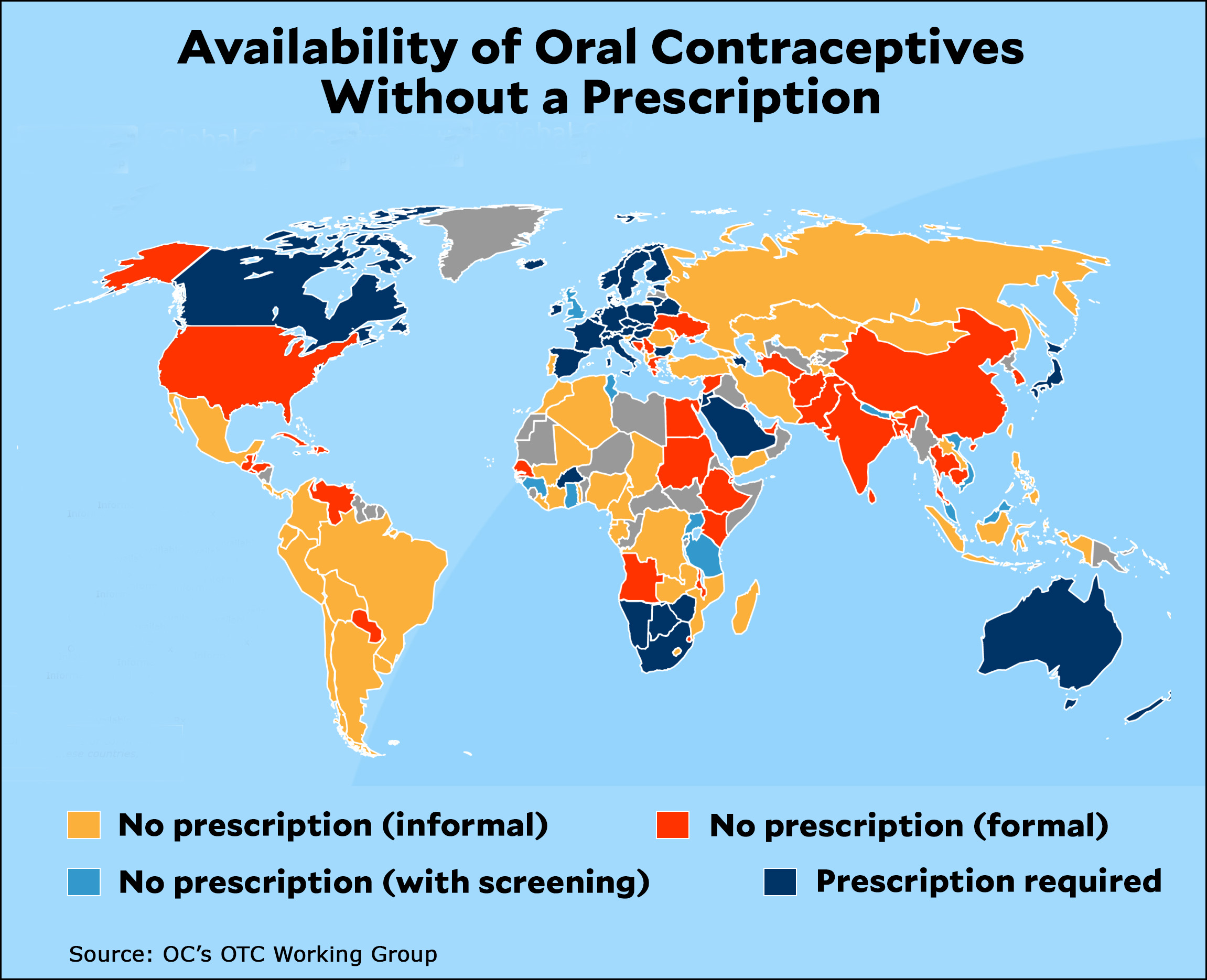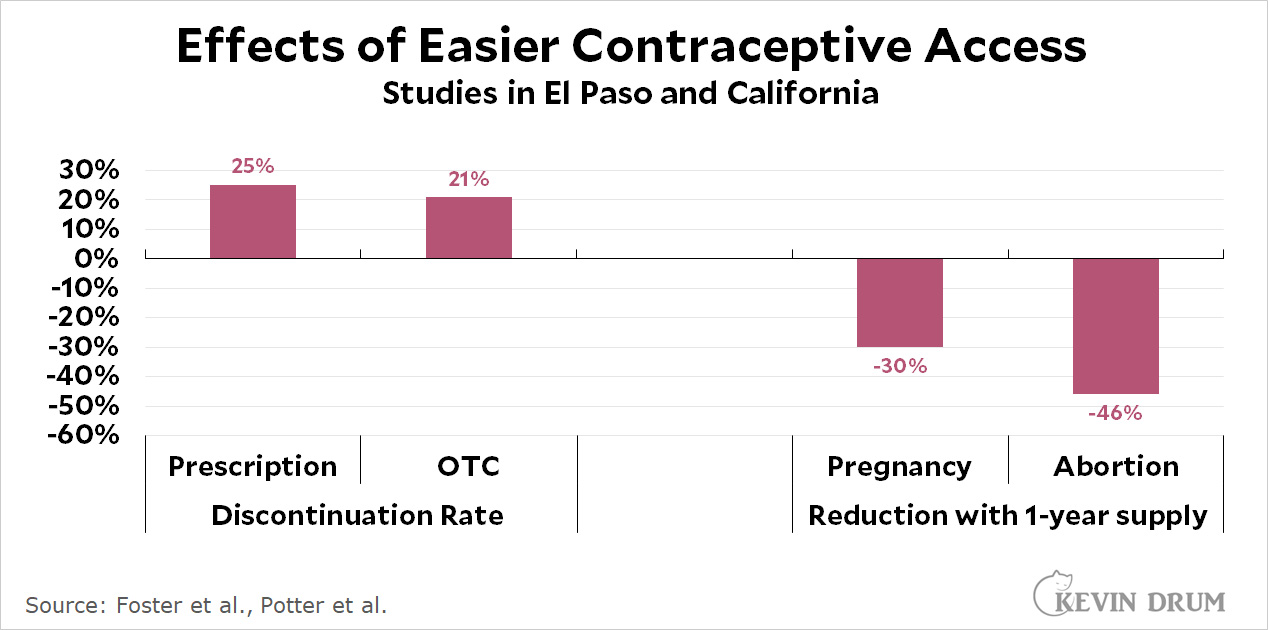In 2021, when inflation started to take off, there were two opposing sides: Team Transitory and Team Structural. In particular, Team Transitory believed that taming inflation didn't need a lot of help from the Fed because it was fundamentally the result of temporary pandemic supply shocks that would fade on their own.
I've been on Team Transitory consistently from the start because I think nearly every scrap of evidence points in that direction. But every single member of Team Transitory—including, ironically, me—made a big mistake. We forgot Kevin's Law: "Everything takes longer than you think."
This law holds for a startling range of seemingly unrelated human activity: house building; software development; World War I; housing bubbles; artificial intelligence; planning a party; and on and on and on. It's almost like some kind of cosmic law of nature meant to mock us.
In any case, our initial notion that the inflationary burst would last nine months or so was laughable. We all should have known better. There's absolutely no support in the historical record for such a short inflationary episode in the US:¹
 Transitory or not, there was never any chance that the pandemic inflation episode would last nine months. It was always going to last a couple of years, and sure enough it has.
Transitory or not, there was never any chance that the pandemic inflation episode would last nine months. It was always going to last a couple of years, and sure enough it has.
¹Episode lengths are measured over the time it takes to get above 4% and then back down below 4%. I fudged slightly to distinguish the 1974 and 1980 episodes.









